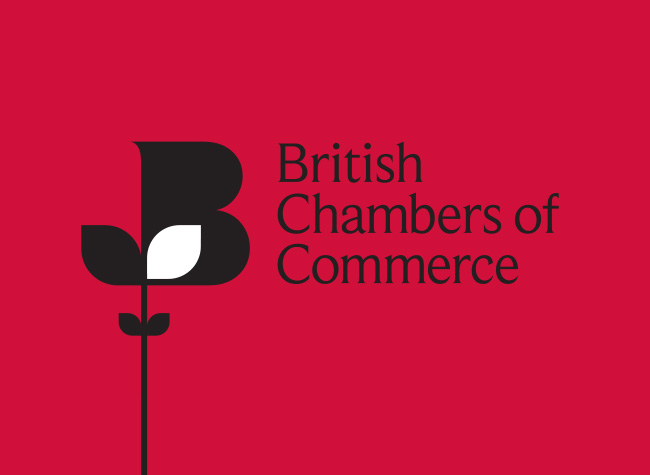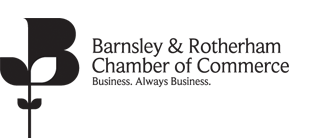
Quarterly Economic Survey Q2: Marked Improvement in Business Conditions but Inflation Concerns Hit Record Highs
- Significantly more firms reporting improvements in key indicators, such as domestic sales and business confidence with some measures returning to pre-pandemic levels
- However, these rises come from the lowest base in the 31-year history of the QES, and business conditions remain fragile
- The balance of manufacturers expecting to increase their prices hits the highest level in the history of the QES dataset, while the proportion of businesses citing inflation as a concern (46%) rises to highest level in nearly a decade
The British Chambers of Commerce’s Quarterly Economic Survey (QES) – the UK’s largest independent survey of business sentiment and a leading indicator of UK GDP growth – has found a marked improvement in business conditions in Q2 as covid restrictions eased.
The survey of over 5,800 firms showed that some key indicators, such as domestic sales and business confidence, displayed significant rises, as more firms reported improved conditions, with some indicators returning to pre-pandemic levels as Covid restrictions have eased. However, it also showed steep rises in the number of firms, particularly manufacturers, expecting to raise prices, and in businesses citing inflation as a cause of concern.
Key findings:
- Balance of firms reporting increased domestic sales at six-year high for manufacturers and at three-year high for services firms
- Balance of firms expecting their turnover to increase at six-year high
- Balance of manufacturers expecting to increase their prices at highest level in the history of the QES dataset starting in 1989
Business activity
Overall, indicators of immediate business conditions show improvements in Q2, with clear rises in activity from Q1 and multiple indicators reaching pre-pandemic levels.
44% of firms overall reported an increase in domestic sales in Q2, rising from 28% in Q1 and indicating the first significant rise in this metric since the initial rebound from the first lockdown in Q2 2020. 20% reported a decrease, compared to 40% in Q1, while 35% reported no change.
Within the service sector, firms who have continued their operations more steadily through the pandemic, saw further improvement. Marketing and media, at 52%, had the highest proportion of firms reporting increased domestic sales in Q2, followed by professional services (46%), up for both from 35% in Q1. The proportion reporting decreases in Q2 was 16%, down from 33% and 29% respectively in the last quarter.
Consumer services (35%) had the smallest proportion of firms reporting increased domestic sales in Q2 (up from 19% in Q1), followed by hotels and catering at 38% (up significantly from 7% in Q1).
In the services sector generally, the balance of firms reporting increased domestic sales increased to +20% in Q2, up from -18% in Q1. This is the highest level since Q3 2018.
In the manufacturing sector, the balance of firms reporting increased domestic sales increased to +28% in Q2, up from -6% in Q1. This is the highest level since Q1 2015.


Sorry, the comment form is closed at this time.